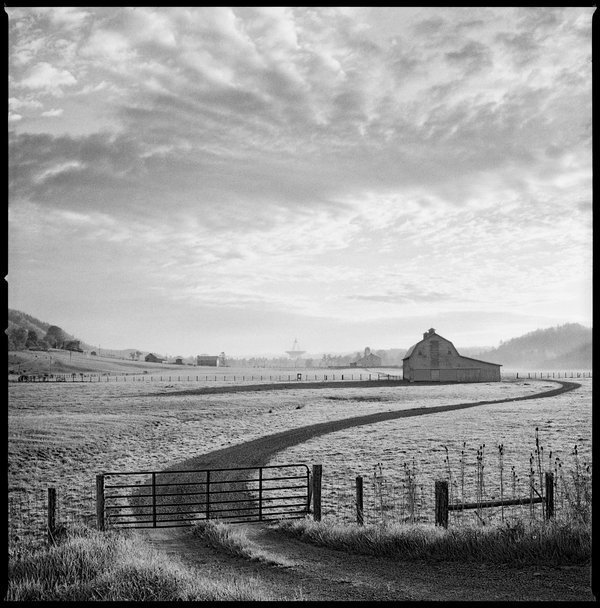I’d like to think of privacy as an experience, taking place in a free off-the-record space where we can just do and be. An experience implies a range of experience, a range of possibility where experience can actually take place. A range of possibilities welcomes in other people, it’s not necessary an intimate space. This space would indeed have the qualities of public space, meaning protected by /functioning accordingly to the public interest. We would assign privacy/ies to areas, so that privacy does not become a proxy for unbalanced individual relationships with power.
In this materialisation of privacy, we wouldn’t have to obsess over the details of which companies have a slice of our data, whether the new remote is a manifestation of Alexa, or if the neighbourhood next door opted in for Amazon surveillance-as-a-service, or if using cash will save us from repression.
Many are seeking actively for this free zone through different forms of escapism – covered in issue #18. Going offline from time to time is a respectable and healthy individual choice, but it is not a societal option. Still, maybe we are onto something if we look at the most popular escape destination: nature. I like this idea of ambient privacy, with the same qualities of wild space, hence to be protected as we have done with natural protected areas:
In the span of a little more than a century, we went from treating nature as an inexhaustible resource, to defending it piecemeal, to our current recognition that human activity poses an ecological threat to the planet. While people argue over the balance to strike between environmental preservation and economic activity, no one now denies that this tradeoff exists—that some technologies and ways of earning money must remain off limits because they are simply too harmful.
